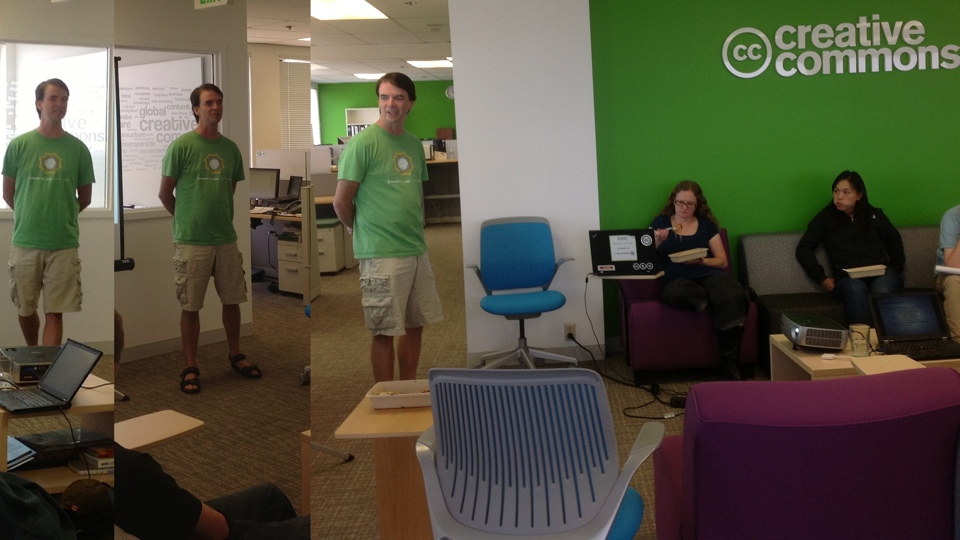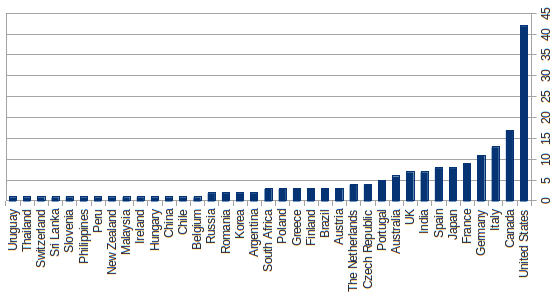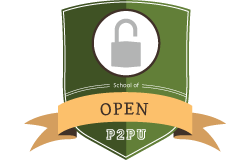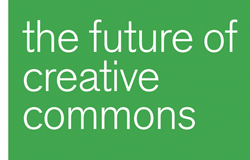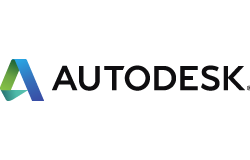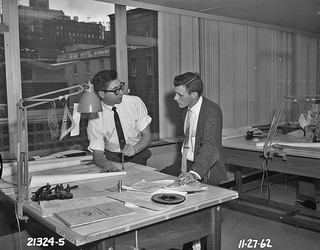Change Will Come, and ManyLabs Will Play An Important Part
jeudi 8 août 2013 à 04:54I met Peter Sand a few months ago at a #Sensored meetup in SoMa. The setting was exactly like the hardware labs from my undergraduate engineering days, and Peter was there exactly like one of my buddies showing kits and circuits cobbled together to do science (except, Peter is quieter and more polite than most of my buddies). Peter founded ManyLabs, a San Francisco-based nonprofit that wants:
students of any age to become comfortable with data, scientific processes, and mathematical representations of the world. We want people to learn about the strengths and limitations of using math and data to address real-world problems.
Hmmmm… think about that for a minute. Peter is thinking really long-term. He wants to invest in kids today (although ManyLabs kits are suitable for and to be enjoyed by anyone of any age) so they become good at using math and data in the future. Now, that is my kind of guy.
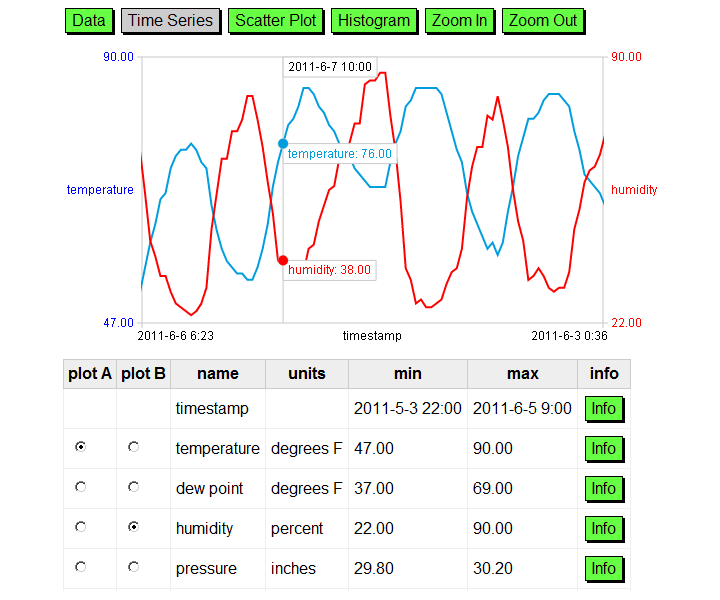
Temp and Humidity Time Series. Image courtesy ManyLabs, used under terms of Creative Commons BY-SA license
ManyLabs has released a collection of interactive science activities and projects under the Creative Commons BY-SA license. Many of these activities and projects are based on Arduino, an open-source microcontroller board. While most Arduino-based education projects are focused on electronics, programming, or robotics, ManyLabs is instead aiming for compatibility with the existing curricula of biology, physics, math, data, and my favorite, environment classrooms.
Previously ManyLabs was using a CC BY-NC-SA license. “We moved away from a non-commercial license because we want to make usage of the content more flexible. We want the materials to make the widest possible contribution to education,” explained Peter.
While the initial content has been seeded by a small group of contributors, ManyLabs hopes to make the site more community-driven by releasing authoring tools that will allow anyone to create, share, and modify interactive lessons. They also plan to release a platform for CC-licensed data that will allow students, teachers, and others in the community to share data gathered from sensors and manual observations. Together these tools aim to promote scientific reasoning and data literacy, both in schools and in the world at-large.
We are fully behind Peter and his mission. So, go ahead, share, sign in or sign up, and create a lesson. What better way to make the world more open than by teaching kids today about Open to ensure that tomorrow’s world will be full of young people who would have known nothing else.

